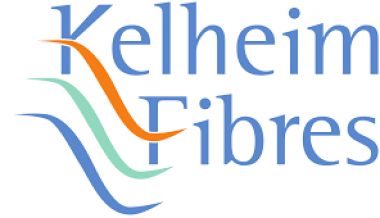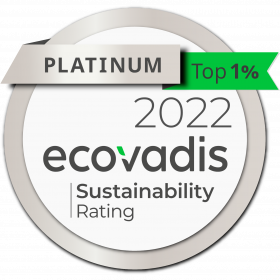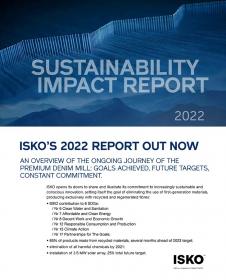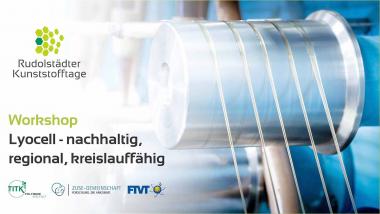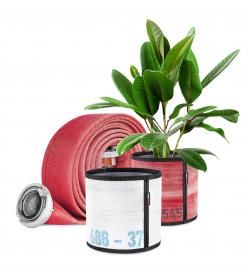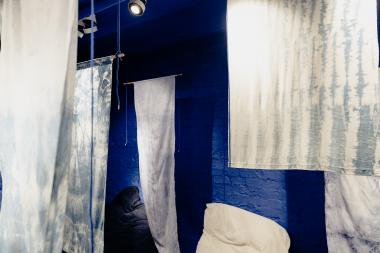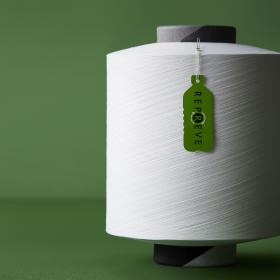Umwelt-NGO Canopy zeichnet Kelheim Fibres erneut aus
Im diesjährigen von der Umwelt-NGO Canopy veröffentlichten "Hot Button Report" hat Kelheim Fibres mit einem dunkelgrün/grünen Hemd erneut einen Spitzenplatz erreicht und konnte sich in der Gesamtwertung um weitere 1,5 Punkte gegenüber dem Vorjahr verbessern.
Der Hot Button Report bestätigt damit Bedeutung des Viskosespezialfaserherstellers beim Erhalt alter und gefährdeter Wälder. Kelheim Fibres hat den Anteil an FSC®-zertifiziertem Zellstoff in seiner Produktion erneut erhöht und in einem Audit bestätigt, dass seine Lieferkette ein geringes Risiko für die Rohstoffbeschaffung aus alten und gefährdeten Wäldern aufweist.
Das Unternehmen erreichte Höchstpunkte in den Bereichen Chemikalienmanagement und Transparenz. Als Mitglied der Non-Profit-Organisation ZDHC (Zero Discharge of Hazardous Chemicals) unterstützt Kelheim Fibres das Ziel, Schadstoffe vollständig aus der textilen Wertschöpfungskette zu eliminieren.
Kelheim Fibres GmbH


